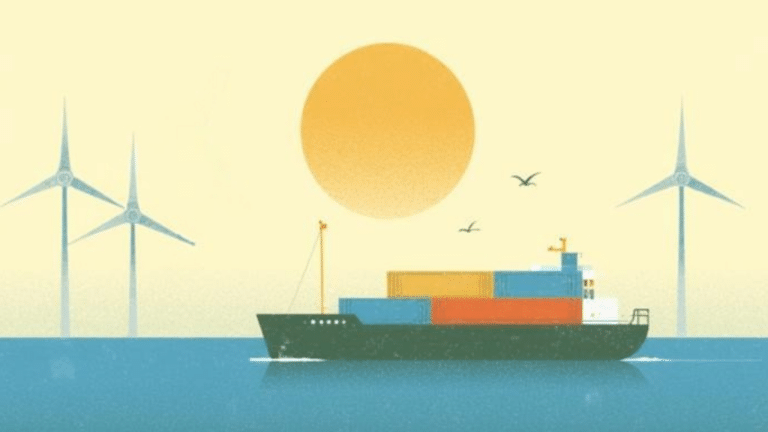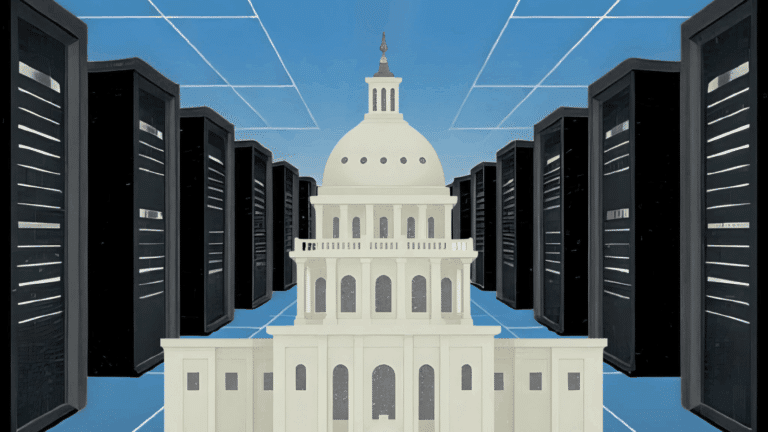Could a strategic lithium reserve kickstart US supply chain development?
NEW YORK -- A strategic lithium reserve is being mooted as a solution to stabilize volatile prices that have hindered American mining projects, allowi
Current Access Level “I” – ID Only: CUID holders, alumni, and approved guests only
Past Event
October 11, 2019
8:00 am - 5:30 pm
The Center on Global Energy Policy is proud to support Columbia University’s Social Enterprise Conference, Capital for Good. This conference is hosted by the Tamer Center for Social Enterprise, in partnership with student clubs across the campus.
To view the full program, a list of speakers, and purchase tickets, please visit the Conference’s website. Additional information from the conference team is detailed below.
Students can register with their “columbia.edu” email address and discount code CapitalForGood50 for 50% off.
***
This headline event, located in the finance capital of the world, provides a unique opportunity to tap into the vibrant ecosystem of capital for impact through the lens of philanthropy, impact investing, ESG, and social venture and business examples. Social impact leaders in business, government, nonprofit, and philanthropy will speak to how they are changing the way we think about how capital is sourced and used to generate sustainable solutions to global, systemic challenges. Hear where opportunities exist to pursue future careers of impact on both the financing and implementation sides of social impact capital.
Social Enterprise Conference, Capital for Good
Columbia University, Alfred Lerner Hall
2920 Broadway
New York, NY 10027
8:00am-5:30pm
Keynotes:
Private Equity’s Role in Building Mission Driven Business
Speaker: Deval Patrick of Double Impact, Bain Capital
Women + Philanthropy
Speakers: Melissa Berman of Rockefeller Philanthropy Advisors;
Elizabeth Carlock-Phillips of Phillips Philanthropies; and
Mona Sinha, ’93BUS, of Women Moving Millions
Character, Community, and Capital: Insights on Social Justice
Speakers: Westley Moore of Robin Hood
Questions?: Please contact the Tamer Center directly.
***
Please note: the Center on Global Energy Policy is a proud supporter of this event but not the organizer or host.
On January 1, 2026, the European Union's highly-anticipated Carbon Border Adjustment Mechanism (CBAM) will take effect. Introduced in 2023, CBAM will require the importers of certain carbon-intensive goods...

The Center on Global Energy Policy at Columbia University SIPA's Women in Energy initiative and Accenture invite you to join us for an evening of conversation and networking...

The Columbia Global Energy Summit 2026 is an annual event dedicated to thought-provoking discussions around the critical energy and climate challenges facing the global community.

The event is for CUID holders only. Please note: space is limited. The Center on Global Energy Policy at Columbia University SIPA invites Columbia University students to a...

This Energy Explained post represents the research and views of the author(s). It does not necessarily represent the views of the Center on Global Energy Policy. The piece...

Geopolitical uncertainty associated with Russian gas exports could swing the range of those exports by an estimated 150 bcm per year.

From the east to west and north to south, in red states and blue states, attention to data centers is skyrocketing in state capitals across the United States.
